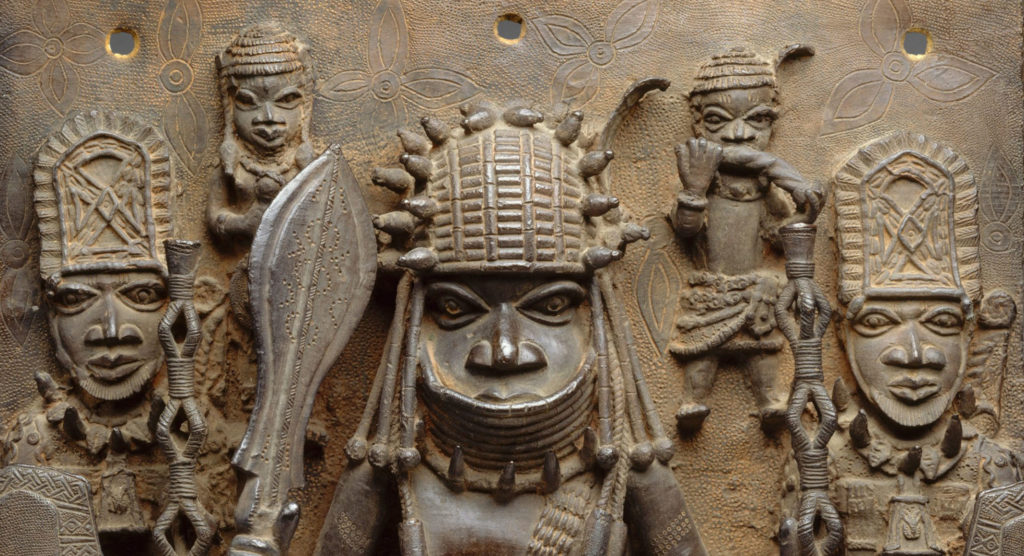During the pre-colonial period, various empires and kingdoms emerged in what is now Nigeria. The Kingdom of Nri, which flourished from the 10th to the 19th century, was an influential state in West Africa. The kingdom played a significant role in the region’s history and was known for its advanced system of government and trade.
The Benin Empire, which flourished from the 14th to the 19th century, was another important pre-colonial power in Nigeria. The empire was known for its sophisticated art and bronze casting traditions.
The Oyo Empire, which emerged in the 14th century and reached its peak in the 18th century, was a powerful state in West Africa. The empire controlled a large portion of modern-day Nigeria and was known for its centralized system of government and military might.
In the 19th century, Nigeria came under British colonial rule. The British established a system of administration and exploited the country’s natural resources, including oil and natural gas. The British also introduced Christianity and Western education to Nigeria, which had a significant impact on the country’s culture and society.
After World War II, Nigeria began a process of decolonization and moved towards independence. In 1960, Nigeria gained its independence from Britain and became a sovereign nation. Since independence, Nigeria has faced a number of challenges, including military coups, corruption, and conflict. Despite these challenges, Nigeria has made significant progress and has become one of the largest economies in Africa.




